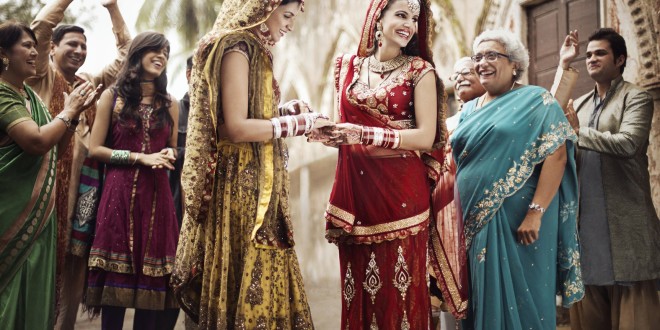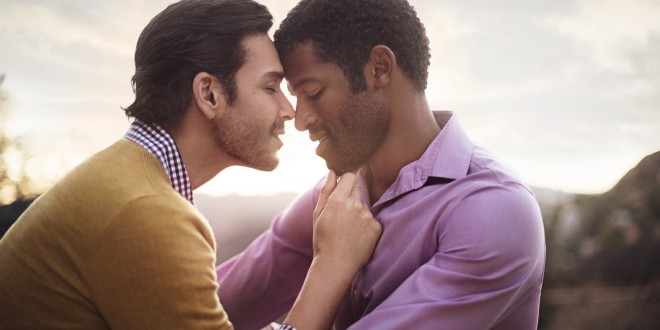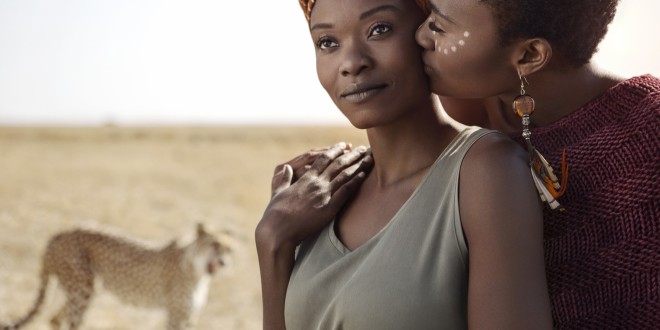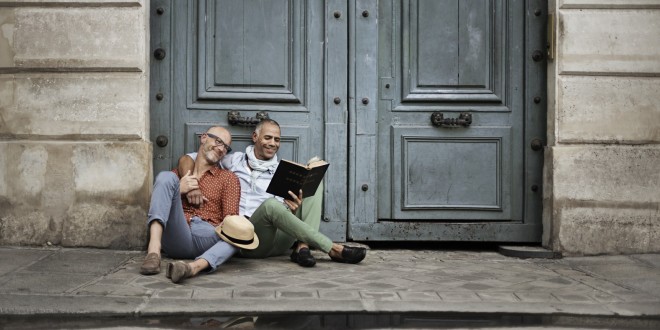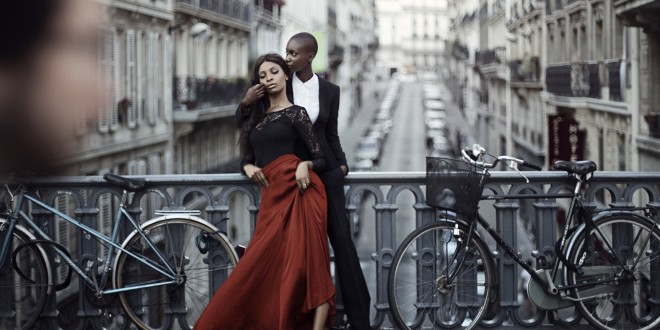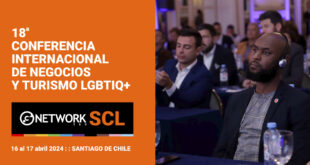When will it be normal to have gay couples in campaigns?
by Simon White: chief strategy officer at Inferno+Draftfcb
Brands are being pulled up on their attitude towards the LGBT community constantly, but recently it has come to a head. As a marketer, where do your responsibilities to society lie?
As a marketer do you have any responsibility beyond the sales and profit of your brand? Do you also have a responsibility for the impact your communication has on society? This issue is poignant now, particularly with the Winter Olympics taking place in Russia, a country with a controversial ban on «gay propaganda» and which links homosexuality with paedophilia.
Independent organisation Human Rights Watch accuses authorities of standing by as vicious beatings are meted out on people from the LGBT community. In response to Russia’s anti-gay stance, the Russian and American gay rights group RUSA LGBT have petitioned worldwide sponsors Coca-Cola, Proctor and Gamble, Visa Inc, Panasonic and Samsung to boycott the games.
A marketer’s fight
But is it for marketers to wade into this debate? It’s not a marketers’ fight. It’s not a marketers’ job. The role of marketers is to sell products, and to use those resources for any other purpose would be negligent.
Or do marketers have also have a responsibility to the wider society of which they are also part? And is selling products and doing good for society mutually exclusive?
Advertising is a powerful force. Much more powerful than most people realise, even those that work in the industry. It does more than simply promote one brand over another – it influences the cultural values that society lives by, affecting our attitudes and behaviour to each other. We know from extensive research that the advertising we pump into peoples’ homes and cover the landscape with can actually alter the values people live by.
This raises massive ethical questions. Beyond doing a good job for the brands we work on, what responsibility do marketers have for wider society?
Good for the consumer, good for the brand, good for society
Presenting at creative communications festival Eurobest last year, myself, Humberto Polar, ECD Draftfcb Peru, urged the assembled advertisers to recognise the power they have and to use it to create a triple win, which means advertising that is good for the consumer, advertising that is good for the brand, but advertising that is also good for society.
We argued that as advertising affects cultural values, we must think about the impact we’re having and use it for good.
For example, was Coca-Cola right to use their Superbowl spot to open a debate on the place of ethnic minorities and the LGBT community in the rich diversity of America? That single ad spot saw a brand, which has traditionally steered clear of controversy by employing images of cute polar bears to spread family friendly happiness, suddenly get political.
In the coverage of the Winter Olympic Opening Ceremony seen in the US, Chevy showed two commercials with gay parents.
Are they making a political statement by showing support for the LGBT community, or simply trying to gain attention by being controversial? Or is Coca-Cola trying to deflect the negative comment they’ve had for sponsoring the Winter Olympics?
Showing gay couples shouldn’t be news
In many ways, it’s a shame that simply showing a gay couple in an advert gains any comments at all. Coca-Cola certainly made headlines for its use of a gay couple in its British «reasons to believe» ad – who suddenly disappeared in the Irish version of the edit – and people willingly took to social media either attacking or applauding the drinks giant for it.
In 2008, Heinz Deli Mayo pulled an ad that showed two men kissing that received 200 complaints. What world do we live in where it’s okay for brands such as Lynx to show straight couples getting it on, but as soon as there’s a gay kiss, it causes complaints and the brand caves in to its criticism?
The fact that showing a gay couple is news is proof that the advertising industry has under-represented the LGBT community. Last year we ran an advert for Oreo in the US celebrating LGBT Pride day on 25 June. It was a simple enough idea, but it gained masses of attention and made the news and talk shows alike.
Does it matter? Yes it does. We have a responsibility to reflect society.
Advertising is so pervasive that what we show becomes normalised through repeated exposure. We should use our chance to normalise LGBT, so people accept them as part of the community as much as anyone else.
We shouldn’t stand back from using people in the LGBT community because some consumers might be offended. The fact that some people might get offended is what should spur us on. It won’t solve discrimination, but we can play our part in helping to end it.
I applaud Coke, Oreo and Chevy. They are using their advertising to not only promote their products but to also promote different sections of society, to the benefit of us all. One day a gay couple will appear in an ad and it won’t make any headlines at all; until then we must ensure we keep representing all sectors of our society.
We have an impact on society with the communication we pump into people’s lives, and that comes with responsibility.
Simon White is chief strategy officer at Inferno+Draftfcb
 GMAG360 GMAG360 Magazine
GMAG360 GMAG360 Magazine

